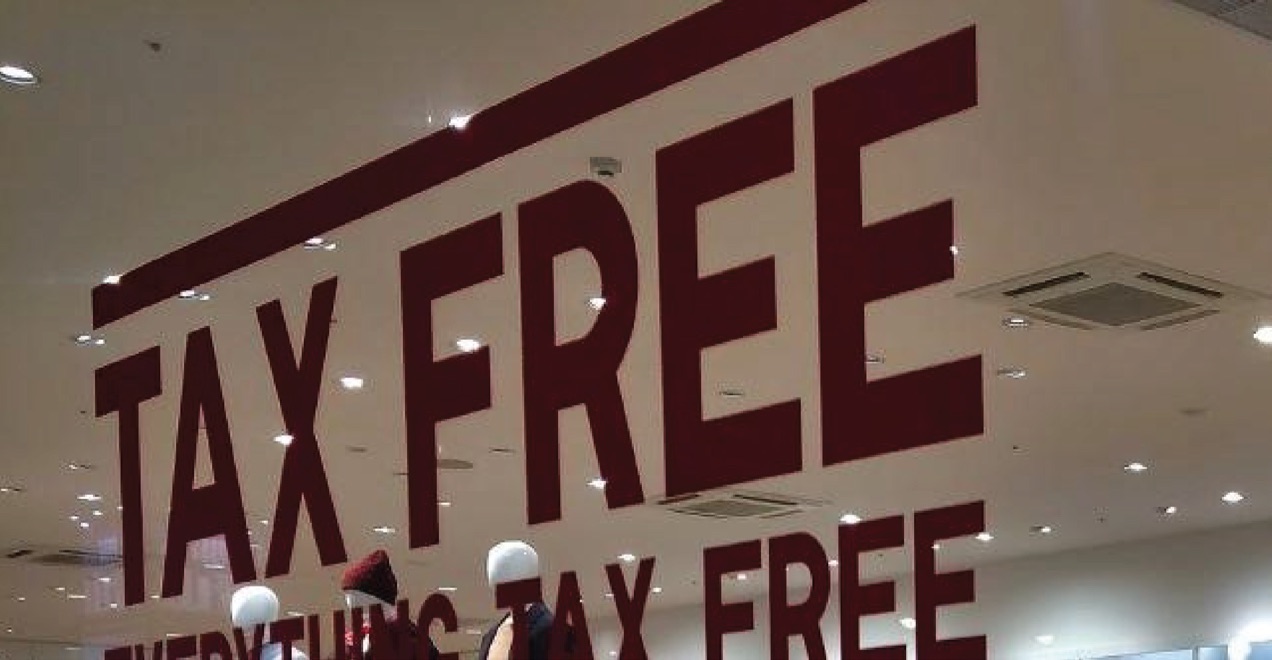Managing sales tax is a thankless task for any business. You won’t get props for collecting the correct sales tax from a customer, or for filing returns and remitting tax properly and on time, but you’ll sure catch hell and be penalized for getting it wrong.
While sales tax requirements are never considered easy, they’re particularly difficult in the following 10 states: Arizona, California, Colorado, Florida, Illinois, Louisiana, Missouri, New York, Tennessee, and Texas. Another two deserve honorable mention: Alabama and Kansas.
The complexity of sales tax collection, remittance, and returns in the above states creates a perfect storm that makes sales and use tax filing in these jurisdictions uncommonly painful. Contributing factors include:
- Home rule
- Non-traditional sales tax
- Sales tax holidays
Home Rule States
In “home rule” states, local governments have the authority to establish and administer their own sales and use tax rate and rules. Alabama, Arizona, Colorado, Illinois, and Louisiana are all home rule states, as is Alaska (which has no statewide sales tax but allows local sales taxes). As you might expect, home rule looks different in each state.

In Arizona, for example, businesses are required to report sales by business classification in each city and county. There are approximately 20 local business classifications, and each can have its own tax rate. Additionally, jurisdictions can have unique local deductions and exemptions.
There are almost 100 home rule municipalities in Colorado, approximately 70 of which administer their own sales and use tax. Here, too, localities have the power to tax or exempt almost 20 separate categories of products (e.g., food for home consumption or beetle wood products). As a result, businesses need to deal with each jurisdiction in addition to the Colorado Department of Revenue.
In Louisiana, there are close to 200 local tax jurisdictions where local tax authorities can exempt or partially exempt certain sales. As in Colorado, businesses are advised to contact local tax authorities to determine their collection obligations.
To their credit, most of the above states are working to improve and simplify their sales and use tax systems to some degree. For example:
- Alabama now has simplified sellers use tax (SSUT): Remote sellers can apply to collect a flat 8 percent tax on all taxable sales into the state rather than varying combined rates. SSUT participants can only be audited by the Alabama Department of Revenue, not local tax authorities.
- Arizona has centralized licensing and reporting, so businesses no longer need to report to local tax authorities in addition to the Arizona Department of Revenue.
Nonetheless, sales and use tax compliance in home rule states remains quite complex.
Nontraditional Sales Tax
A handful of states have tax transactions that don’t levy a traditional sales tax. This can complicate compliance for retailers doing business in multiple states.
Arizona has something called a transaction privilege tax (TPT), which is a tax on the vendor for the privilege of doing business in the state. TPT tax rates vary depending on the type of business activity and its location, as this TPT rate table shows.
Sales tax in Illinois is a combination of occupation taxes levied on sellers’ receipts, as well as use taxes imposed on buyers when retailers don’t collect tax at the time of sale: retailers’ occupation tax, service occupation tax, service use tax, and use tax. There are also numerous special taxes, such as the Chicago Home Rule Municipal Soft Drink Occupation Tax.
Sales Tax Holidays
Sales tax holidays, or tax-free periods, are times when states temporarily suspend sales and use tax for certain products. They typically last anywhere from a weekend to a week and pertain only to specific goods like clothing, energy-efficient products, or school supplies, as seen in this list of 2019 sales tax holidays.

Tax-free periods create headaches for businesses for a variety of reasons, including:
- Local complexity: Qualifying items are sometimes exempt from local sales tax and sometimes not (e.g. cities in Alabama don’t have to participate).
- Price restrictions: Most states put price restrictions on qualifying items (e.g. clothing costing less than $100 is exempt but clothing costing more than $100 is taxable).
- Fickleness: Not all items in a category qualify for the exemption (e.g. football jerseys are exempt and football pants are taxable during the Texas sales tax holiday).
Furthermore, tax-free periods happen at different times in different states. In 2019, for example, Alabama’s back-to-school holiday was held in mid-July, Florida’s was August 2–6, and the Texas tax-free period for clothing and school supplies ran August 9–11.
Another complicating factor is that a state may offer a sales tax holiday one year but not the next: Wisconsin had one in 2018 but decided not to offer one in 2019. Additionally, states don’t always give businesses adequate time to prepare for a sales tax holiday. Consider what happened in Massachusetts in 2018:
- August 10: Governor Charlie Baker signs sales tax holiday bill
- August 11: Massachusetts Department of Revenue announces tax-free period
- August 11: Sales tax holiday starts
Alabama, Florida, Louisiana, Missouri, Tennessee, and Texas are among the 17 states with at least one sales tax holiday in 2019.
Impact on Remote Sellers
Home rule requirements, sales tax holidays, and other complicating factors affect more sellers than they once did.
Until the Supreme Court of the United States issued its ruling on South Dakota v. Wayfair, Inc. (June 21, 2018), states were largely limited to taxing sales by businesses with a physical presence in the state. The Wayfair decision overruled the physical presence rule, which allows states to require out-of-state sellers to collect and remit sales tax.

Since the Wayfair decision, all but two of the 45 states (plus Washington, D.C.) that have a general sales tax have adopted economic nexus laws basing a remote sales tax collection obligation on economic activity in the state rather than physical presence. Only Florida and Missouri (two of the trickiest sales tax states) haven’t done so — yet.
If you don’t already deal with sales tax in these tough sales tax states, there’s a good chance you’ll have to soon.
Interested in learning more? Watch the Tricky 10 on-demand webinar today.
About





